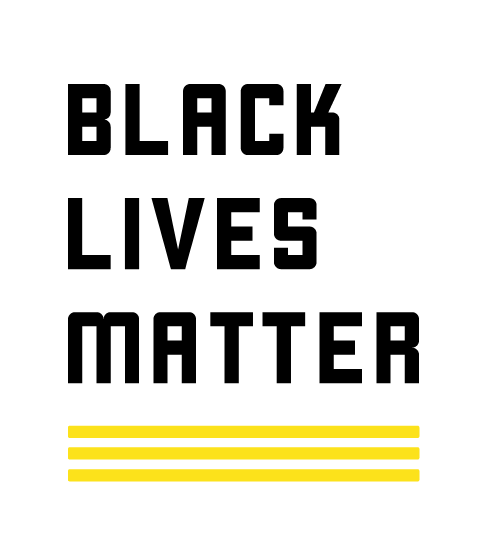|
The Monteverdi Music School has a long tradition of bringing community music education opportunities to students of all ages in Central Vermont. Its mission is to provide excellent music instruction and performance opportunities for all ages and abilities; to encourage musical growth and development; and to foster musical enjoyment and awareness in the community. Furthering their mission on November 5th, 2022 at 2:00 pm, the Monteverdi Music School faculty will present "Music for an Autumn Afternoon" at the Unitarian Church at 130 Main St. in Montpelier. The concert will benefit the Monteverdi Music School Scholarship Program–an essential fund that provides equal access to lessons for our community. There is a suggested $20 donation at the door and youth under 18 are free. You will hear solo acts and chamber groups performing the works of a wide variety of composers including local composers. Styles of music will range widely from Baroque to Traditional and new music. Performers include: Mary Jane Austin, piano; Mary Bonhag, soprano; Lillian Broderick, soprano; Erik Kronke, bass; Christopher McWilliams, piano; Elizabeth Reid, viola ; Dave Ruffin, vocals; Marisa Sherwood, guitar and vocals; Michael Sitton, piano; Fiona Stowell, fiddle; Emmet Stowell, piano; and Eliza Thomas, piano. Monteverdi Music School is a community-based music education non-profit in the heart of Montpelier offering lessons for all ages and abilities in a variety of styles and instruments. Lessons are accessible both from teachers online, as well as in studios in the Center for Arts and Learning at 46 Barre Street in Montpelier. The faculty comprises some of the finest professional musicians in our state, and they are passionate about keeping music accessible in Vermont. Support local performers November 5th at 2:00 pm and help raise funds to ensure the next generation of musicians has access to lessons.
0 Comments
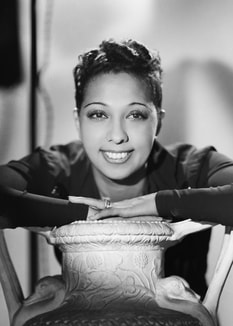 For years I had heard the name Josephine Baker. With that name came a smattering of information about a Black American woman who created a sensation as an exotic dancer in Paris in the 1920’s. Two years ago, as I was trying to educate myself more about Black history in order to be a more effective ally in the battle for racial justice, I came across her name again, but this time I read up on her and was astonished by what I learned. Did you know that Josephine Baker was the most famous entertainer in France, perhaps in Europe, during the 1930’s? Or that she used that fame and her tours to gather information for the French Resistance During World War II, or that she was awarded the Croix de Guerre by the French military and was inducted into the French Legion of Honor for her service? Or that she attempted to show that people of different backgrounds and from different areas of the world could learn to live together peacefully by adopting 13 children from all over the world? How about the fact that she was the only woman invited to speak at the March on Washington in 1963? Or that after Dr. Martin Luther King’s assassination in 1968, his widow, Coretta Scott King, asked Baker to become the unofficial leader of the Civil Rights Movement? (After giving it a lot of thought, Baker declined, saying that her children were too young to lose their mother.) All this, and more, from a woman born in poverty in St. Louis in 1906, who was first married at 13, joined the chorus of the first black musical on Broadway, Eubie Blake’s and Nobel Sissle’s Shuffle Along at age 15 and was dancing in Paris at 19. Ms. Baker not only danced (introducing the Charleston to Paris in the mid-1920’s), she sang, was featured in French movies and made a triumphant return to the international stage in her 60’s performing at such venues as the London Palladium and Carnegie Hall to large audiences and rave reviews. Josephine Baker was truly an amazing woman who was not only artistically gifted, but who also used her fame to try to make the world a better and more just place. I was so impressed with her that I wrote a piece for solo flute in 2020 and called it Black Venus (one of Baker’s many nicknames). In the piece I do my best to evoke some of the sounds of the Jazz Age in Paris, as well as some of the feel of songs Baker would have heard growing up in St. Louis on the Mississippi River. Here is a performance by Montpelier flutist Hilary Goldblatt: Written by Erik Nielsen.  Happy Martin Luther King, Jr. day. The snowstorm has me at home writing this blog post. It's an update from a musician in transition, a snapshot of an exciting new time in my life. By the end of these paragraphs anyone passing this way will know a lot more about me. We're still in the depths of the pandemic, which has pretty much canceled out my former flute teaching and performing. Nevertheless, I'm renting a Monteverdi room and a CAL room. This enables me to continue crafting Native style flutes and recorders, and also get the following new project going. I've always been interested in this wonderful crazy species of ours. If you ask people around the world the "age" of humanity they pretty much agree that we are an adolescent species, as in lots of new powers but not a whole lot of wisdom. We have not yet grown up. For example, with all that recorded history under our belts, have we settled on a best way to organize big societies and make decisions? Nope. Are we willing to agree to the obvious, that what we have in common is more important than our differences? Often not. With human population having tripled in one lifetime, have we squarely faced up to the fact that the fate of our planet rests in our hands? Not yet. We are complex, contradictory and slow to learn. We are susceptible to our worst impulses and able to forget all the lessons of history. We are irrational and we are maddening! About 10 years ago I was facing some personal failings myself and wondered if it all came down to character issues. I did an internet search for "character" and up popped a site that, over this time, has changed my life. It was VIAcharacter.org, and I saw there some simple things. Character was a different animal than I had thought... as multifaceted as we were. You could be deficient or challenged in some aspects of character and at the same time strong in many others. What a relief. And these aspects could all be developed through intention and practice. So if character was what made us good, I thought I might have chanced on a roadmap to the good life, the well-lived life. And so it has proven to be! Last week Jennifer Rubin of the Washington Post wrote, "If politics is downstream from culture, then culture is downstream from character. And right now, we have a character crisis in America." It seems like we in America, as well as all of humanity has access to massive torrents of information and opinions right now compared to just trickles of wisdom. And although I have no idea how one person can begin to address this, I'm making a start anyway here in Vermont with my eight-week course called "High Octave Living". This course (also offered by VIA under another name) blends mindfulness instruction with exploration of the 24 universal human character strengths that when put into practice can change everything, for an individual as well as for groups. As a taste of how this works, consider our building. The pandemic has made us all into ships passing in the night, hidden behind masks, maintaining maximum distance. We hear practicing, we hear footsteps, but it's so impersonal and unknown what's happening in these rooms right now. There's another more expansive way of being in the space, though. CAL and Monteverdi represent and foster three of the 24 strengths especially. These powerful agents of change and growth are called Love of Learning, Creativity, and Appreciation of Beauty and Excellence. Just sitting with this perspective for awhile can make us more grateful for such a place. So let's say the person singing scales below us is bothering our train of thought. Deciding to hear this sound as their life force expressing as Love of Learning and Appreciation of Beauty can instantly change irritation into acceptance and connection, even into feeling at one with them in common purpose. I also can feel an afterglow of Spirituality, another of the strengths, from the decades of prayer and meditation practiced in the building. A quick search finds that this place was built in 1928 as St. Michael's Convent and housed Nuns who taught in Montpelier's Catholic schools. Likely the Sisters of Mercy were among those who lived in these little rooms. This order served actively in the world in ways many of us would agree with: "Through prayer and service, the sisters addressed the causes and effects of violence, racism, degradation of Earth and injustice to women and immigrants". The people who set the tone here, in other words, were expressing through their lives strengths like Compassion, Humility and Fairness. As well as Bravery and Spirituality. This kind of perspective of the strengths as being universal to all of us, throughout our lives, provides additional meaning and insight into all our places of work and all our interactions. It can even extend to redefining every human from the inside out as especially embodying some of these attributes, their "signature strengths". This puts into practice MLK's hope that his children (and all of us) be judged on "the content of their character" rather than outward appearances. I'm right now engaged in trying to promote my High Octave Living courses. So far I've started an All-Vermont Meditation Circle (see mindfulVT.org) so people can get to know me and I'm writing a series of articles about the strengths which I hope to have published in Seven Days or one of Vermont's other papers. The course is also appropriate for institutions, organizations and companies, where working with strengths has proven to be helpful with employee relations, work attitudes and job satisfaction. If you have ideas of where and how to promote this program, or any connections to share please let me know. Right now I'm teaching the course only on Zoom. The next courses start in mid-February. This is essentially MBSP or the Mindfulness-Based Strengths Practice course available on the VIA site for $499, which I'm offering for $175. It could truly be life-changing information for many Vermonters, as it has been for me. You can read more at https://www.evolvetogether.net/high-octave-living.html 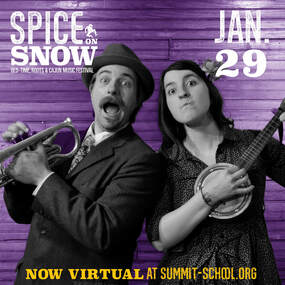 Based in Montpelier, the Summit School of Traditional Music and Culture is a home for all types of traditional music. Their Spice on Snow annual Winter Music Festival is a four-day celebration of roots and folk music in downtown Montpelier, Vermont. This year's festival has moved online! The online version of Spice on Snow will include performances by Vermont-based puppet theater group Modern Times Theater, Worcester area banjoist and songwriter Fern Maddie, the Young Tradition Vermont Youth Commission Ensemble, and the Western Mass. based old-time band the Slide Grinders. Each group will perform from their own home or studio, and the Summit School will stream the performances online on our Facebook page and website. The Slide Grinders will also be offering instrumental workshops for intermediate musicians. This festival is organized with the help of Monteverdi's very own, Katie Trautz! To buy tickets and view the schedule please visit the Summit School's website: www.summit-school.org. 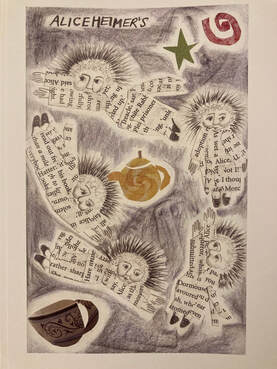 In 2000 I collaborated with revered Vermont poet and playwright David Budbill on my first opera, A Fleeting Animal. Our successful relaunch of that work in 2015 drove home the point that writing opera is very important to me. Several projects got in the way of realizing my dream of creating a second opera until I encountered artist and author Dana Walrath’s graphic memoir, Aliceheimer’s. It is a poignant and beautifully illustrated account of Dana’s experiences with her mother, Alice and her dementia during the years that Alice lived with Dana and her family. The story had everything I was looking for: a powerful and complex central female character; social relevance; and a good balance of humor, drama and pathos. And I have found that working with Dana has been wonderful. Even though our opera is Dana’s first libretto, her skills as a writer have enabled her to give me what I needed. Not only has she proven herself to be flexible and accommodating but as an anthropologist by training and a keen observer of human behavior, she has captured the wide range of emotional depths that lend themselves to musical expression. We are excited to reveal some of Aliceheimer’s in public. On November 6 and 7, 2021 two preview showcase performances of the opera will take place at Bethany Church in Montpelier and Town Hall Theater in Middlebury. The performances will feature soprano Mary Bonhag as Alice, accompanied by pianist Alison Cerutti. Aliceheimer’s, as I mentioned earlier, tells the story of Dana’s mother Alice, and her dementia journey, from her perspective. As Alice lives her experiences in front of our eyes, we gain insight not just into her condition, but into Alice as a person. Whether remembering her childhood, loving food, struggling with memory loss, living with her daughter or in a care home, Alice shows us love, humor, regret, wonder, confusion, sorrow, anger and so much more, all brought to life through the power of storytelling and music. The Montpelier performance will take place at 7 p.m. on Saturday November 6 at Bethany Church on Main Street. The Middlebury performance will occur at 7 p.m. on Sunday November 7 at the Town Hall Theater. Both performances are free of charge. Donations are encouraged and will help fund a full production of the opera. We are very grateful to the Monteverdi Music School for agreeing to act as our fiscal sponsor. Because of this relationship, any donations to fund our production will also help the school. To donate through Monteverdi, go to the donate page on this website. 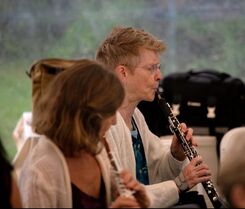 Sandra playing the oboe Sandra playing the oboe Well, here we are! After a whole year of isolation and quiet in the woods of Vermont, we begin to come out of our cocoons. When I think back to the beginning of my life, I think, what a “long and winding road”. But I have travelled it with pretty much a single mindedness: music and teaching. From a very young age, music has been part of who I am. In my home, the living room was where I freely danced (in my underwear) to Tchaikovsky and Mozart. I would also often sing myself to sleep in my bed at night by going the my entire repertoire of songs from school and songs my mother had taught me. Later I learned to play recorder, clarinet and eventually the oboe. My life was filled with music. In college, I became interested in working with small children and worked in the campus preschool. From this experience and from working with a wonderful teacher, I began the journey to become a music teacher. From there it all evolved into teaching in the Vermont public schools. I taught both “general” music as well as instrumental music for 20 years. Along the way, I have been teaching private lessons on oboe, clarinet and recorder, 50+ years by now, and absolutely LOVE teaching all ages! With my own music, I have played in several orchestras and freelance groups as well as with my friends, and I still do! A good friend, who was the first director of what is now Monteverdi (a long story for another time) suggested, and prodded me, I might add, to take on the teaching of music to preschoolers. So…I did! And this is how it all began, I started by teaching a program created by a woman from out of town, then teaching a program co-created with a friend, and eventually finding Kindermusik and becoming certified in it in 2000. After much research, I found that Kindermusik is the most comprehensive program anywhere. Kindermusik is an International program of child development taught through music. As we travel through the world of music in our classes, the children take part in singing, playing instruments, moving, dancing, listening and discussing what we hear, reading books and experiencing them with sound and movement. Through this musical approach, all parts of the brain are exercised. The younger children are given a quiet time in class for reflection and snuggles with their caregivers as we listen to gentle music. We usually end the class with a circle dance! The activities in which we engage are purposeful and often explained to the grown-ups as we go along. Kindermusik strives to encourage children to be creative, resourceful, empathetic and confident. As a result, we have noticed children becoming more capable and more ready to take on the world! Studies have been done that indicate that children who experience Kindermusik are more apt to excel in their studies in school. Kindermusik has Levels that are age appropriate as well as classes that are multi-age. I am offering Level 2, 3 and 4 this fall. Siblings are invited to be part of Level 2 and 3. For more information, email me! Come join the fun, whether it be private lessons or Kindermusik! Email Sandra Cathey. [email protected] Private instrumental lessons can start now or anytime!! Kindermusik classes start September 14! An online class is offered as well as in-person options! Health guidelines will be followed: air purifiers for the room, hands and instrument cleaning as well as mask requirements for those who can wear them or are not vaccinated. Website: Sandracathey-music.weebly.com Facebook: Kindermusik with Sandra Cathey Facebook: (for instrument lessons) facebook.com/scathey77  Hello Monteverdi Music School Community! Welcome back to another fantastic year at MMS. This year the back to school shopping list for wind players is going to look a little different! We are recommending that teachers, renters, and families in the building use bell covers and instrument bags, especially around unvaccinated people. Other than that, the COVID guidelines for MMS look very similar to last year:
For more information about bell covers and instrument bags, please visit http://www.unitedsound.org/mask. You can order masks from that website, or there are patterns to make your own! For woodwind players, there is information about aerosol containing bags. We are so excited to have music back in the halls of the Center for Arts and Learning. Thank you for working together to make this year possible! Tomorrow, May 14th, at 6PM will be our final online recital for the 2020-2021 school year. Although we can’t wait to see our friends in person, online recitals have been an exciting and safe way to see our talented students grow into performers. This recital will feature the widest range of instruments yet, including flute, trombone, recorder, guitar, piano, violin and clarinet! Today on the Monteverdi blog we would like to highlight two of our students who will be performing in tomorrow’s recital.
We are really looking forward to hearing Ana and Cosmo, along with all of our other students at the recital tomorrow! It will be a diverse and engaging show. Thank you to Lisa for your continued work to create online recitals. Lisa has perfected the art of organizing set lists, registering students, holding sound checks, communicating with faculty, and providing a comfortable environment for our performers, all online!
If you have a student who you would like to see highlighted on our blog, or would like to write a blog post yourself, please contact [email protected]. 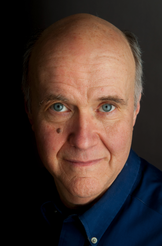 As a composer, I have always been interested in the intersection between the arts and social issues. As a person, I have always been passionate about the cause of justice for everyone. I believed that I had done a lot in my artistic and personal life to join my passions together and make a bit of a difference in the world. And I felt that here in Vermont was a good place to be for both artistic and social justice reasons. Then in 2018 I learned that Kiah Morris, a Black Vermont state representative from Bennington, had been harassed so badly online and in person by a number of people that she resigned from the legislature and feared for her family’s safety. Not only that, but Vermont’s attorney general, citing First Amendment reasons, declined to prosecute the main offender. Suddenly I realized that Vermont wasn’t in such a good place after all and I was hopelessly naive about what life was like for people of color in our state. Since then I have done two things. First, my wife Jackie and I have embarked on a sustained course of self-education, including reading, joining the ACLU, the Vermont chapter of the NAACP, the Equal Justice Initiative, the Peace and Justice Center and others, as well as taking a life-changing Civil Rights program in Montgomery, Alabama last year. We feel this is a lifelong commitment, because racism is old, it’s tenacious, it’s flexible, and it’s in all of us, me included, despite my best efforts. The good news is that there are a lot of great resources out there. Four of the best books I’ve read are White Fragility by Robin DiAngelo, Stamped From the Beginning and How to Be an Antiracist, both by Ibram X. Kendi, and Caste by Isabel Wilkerson. All of them taught me a great deal and changed my perspective. On the artistic side, in the past year in particular I have written a number of works that have reflected my increased commitment to racial justice, including my work for solo flute, Black Venus that pays tribute to dancer, singer, and civil rights activist Josephine Baker. I have also made a greater effort to familiarize myself with the work of more Black composers. In a blog post last summer I referenced the powerful 2015 choral/orchestral work, The Seven Last Words of the Unarmed by Joel Thompson. In addition, just one of many other composers I have enjoyed listening to is Valerie Coleman. Check out her Umoja as well as other works. I also recommend the music of our Monteverdi Board of Directors member Matthew Evan Taylor , professor of music at Middlebury College. I cannot prescribe what others need to do, though it’s clear to me that unless we acknowledge our history honestly we are doomed to repeat it. All I can do is continue to do my work, both personal and artistic, and recognize that I have a lot to learn.
As a music teacher in special education programs across the country, and through working with my own private students, I get to see music touch the lives of many. I consider myself lucky to work with students of such diverse age groups and communities. The students that I have taught thus far require various levels of support, which challenges me to personalize and adapt their lessons. I have recently relocated to central Vermont, and am excited to work with all students through the Monteverdi Music School. The following vignettes are stories of musical successes that I have seen with special needs students, however their names have been changed to protect student privacy. Andrew: It was the first day of fall semester; a day full of new routines, new spaces, and new people. Starting at a new school is intimidating for most anyone, but for individuals with differing support needs, a first day of doing anything is a huge hurdle. Many people with autism thrive in environments built on the stability of routines, familiar faces, and clear directions- making new experiences can be challenging. As it was my first day teaching at a program for students with special needs, I understood (to some extent) what my students were feeling. I re-read the intake profile of my first student of the day, an experienced trumpet player with autism. Some intake profiles are not complete, but this one painted a very clear picture of my student. He had been playing the trumpet for almost eight years, taking two private lessons a week, and was a part of the rock band that I would be teaching later that day. I thought that it would be a pretty straight forward trumpet lesson, there was nothing in his profile that would suggest any physical disabilities, and he seemed to have great facility on the instrument. I met Andrew* in the lobby and faced a barrage of questions- a common trait of autism. I told my new student a little bit about myself and now, two years later, he still remembers the answers to every question he has asked me. As we set up our stands and instruments, I noticed that he was sitting very close to his music and was practically playing into his stand. I asked him if he had ever worn glasses and he responded “Only sunglasses!”. I asked him to sit further away from his stand, so that his sound would project a little more, and his note accuracy decreased dramatically. After our lesson, I had a chance to ask his mother about his eyesight. She said that he had never gotten an eye examination done, because there was never a problem. However, she was frustrated that no matter what his past teachers had tried, he still couldn’t consistently and accurately read music. I suggested that an eye exam might answer some of her questions. A few months later she pulled me aside before a lesson to inform me that Andrew was nearly blind in his left eye. He had progressive vision loss and would need surgery to retain the amount of sight still left. We both looked at each other in shock- Andrew was 18, had many caring adults in his life, but he simply could not address his loss of vision. Without our trumpet lessons, Andrew would have lost sight in his left eye completely by now. He had surgery in his left eye over the summer and got to wear an eyepatch for a few weeks, which he accessorized with a pirate hat. Rock Band Class: By halfway through the semester, teaching Rock Band at the special needs institute was like running a well-oiled machine. My co-teacher would set up the room with most of our students, as I went to the lobby to direct a few others to our classroom. We had two blind students in our class. One blind student had been at the institute for so long that he could make his way into the building, up the elevator, and to a storage closet to get what instruments he needed before coming to class. Our other blind student, Chris, would wait for me in the lobby to guide him to our room. He would hear my heels clicking as I ran down the stairs, and he would recognize that it was me. Once we got to our room, he would greet everyone based on the instruments he heard playing- when he heard trumpet he knew Andrew was there, and when he heard Elton John coming from the piano he knew Jacob was there. Once we had all ten of our band members set up, they would practically start themselves. Our drummer, who wasn’t one for talking, would start tunes and everyone would join in. Once in a while we would have to stop and review lyrics or chord changes, and talk about dynamics, but our students took autonomy in those conversations. Most of our students were of middle school age, and required a lot of support outside of the music room. The band had a large range of diagnoses on the Autism spectrum, as well as physical disabilities and social challenges. Quite a few students still needed support in tying shoes, putting on jackets, and making decisions, but once they were handed an instrument, they felt empowered to make artistic choices and work alongside their bandmates. Our rock band classes gave our students a chance to express themselves musically, and grow socially. Anderson and Maria: In my second year of working for the special needs institute, I began to work with two elementary aged siblings who had autism with very high support needs, and were recent immigrants from Brazil. Their parents primarily spoke Portuguese, and the children understood some English, but not well enough to translate. On the first day that I met the family, their mother and I spoke through Google Translator. In Anderson’s first percussion lesson, we practiced walking to our classroom and sitting down in our seats five times in a row. We then talked about what being ready to learn looked like- sitting up in our chairs, having our heads off the desk, and having a drum in front of us. By the third lesson, we only had to practice this sequence twice. Although only a little musical progress was made, Anderson could now begin the process of learning, and knew the expectations of music lessons, which was a huge success for him. After Anderson’s lessons, I would work with his little sister, Maria. Maria was five; she loved to sing songs and run around the classroom. Somehow, she knew how to solfege most children’s songs. She could pick out ‘Do’ on the piano, which was always middle C in her head. No one could explain this to me- she had never taken music lessons, had maybe two music classes in kindergarten, and didn’t even care for Little Einsteins. Our lessons looked very different from other piano lessons. We would start on the north wall of the classroom by singing a song that I had written on the board with corresponding images, like Mary Had a Little Lamb. Maria would then translate it into solfege. Next, we would run to the east wall of the classroom to make a visual version of the notes. Usually we would color shapes in the direction that the notes moved (mi re do could be a purple triangle above a pink heart above a blue circle) or use the Kodaly hand signs for the solfege. On the south wall of the classroom, we would practice the song on a paper piano, before finally arriving at the piano on the west wall. After all of the running and singing and coloring, we would practice sitting down at the piano, finding ‘Do’ (which she would only do by ear), and then finally play the song we had learned. Maria usually did very well with this method, despite being five and not understanding most of my directions due to the language barrier. I now work with both of these students over Zoom, and they are thriving on the routines we set up when we were in person. Anderson still practices sitting up and listening to directions, and Maria still does three musical activities before sitting down at the piano. Their mother and I communicate over email, so she can translate my messages at her own pace. Both children might still be finding their place in America and learning a completely new language, but during our lessons we use music to transcend these barriers and give them a sense of belonging. Providing music lessons to students with special needs creates experiences that they would have otherwise missed out on. We know the value of music lessons for the neurotypical population, but often forget how valuable music lessons can be for the most vulnerable of our students. These students might learn in very different ways, but the results are clear; music can move students beyond language barriers, cultural differences, and even disabilities. I have worked with students who have communication delays, cognitive delays, emotional disabilities, physical disabilities, non-native English speakers, and gifted/talented students. I truly believe that anyone can make music with a supportive and creative teacher.
|
AuthorMonteverdi Music School has been a center for music lessons and music activity in Central Vermont for 26 years, and now establishing its outreach to the online community! Archives
October 2022
Categories |

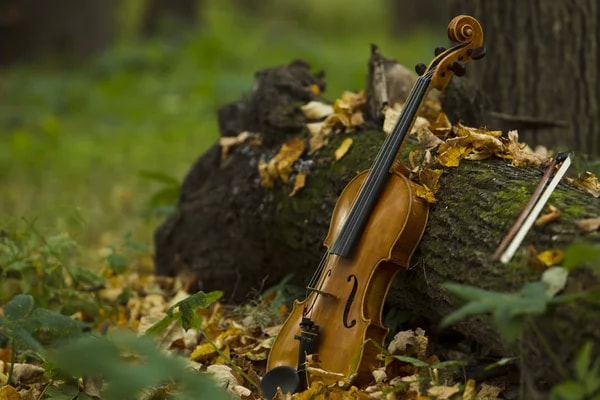
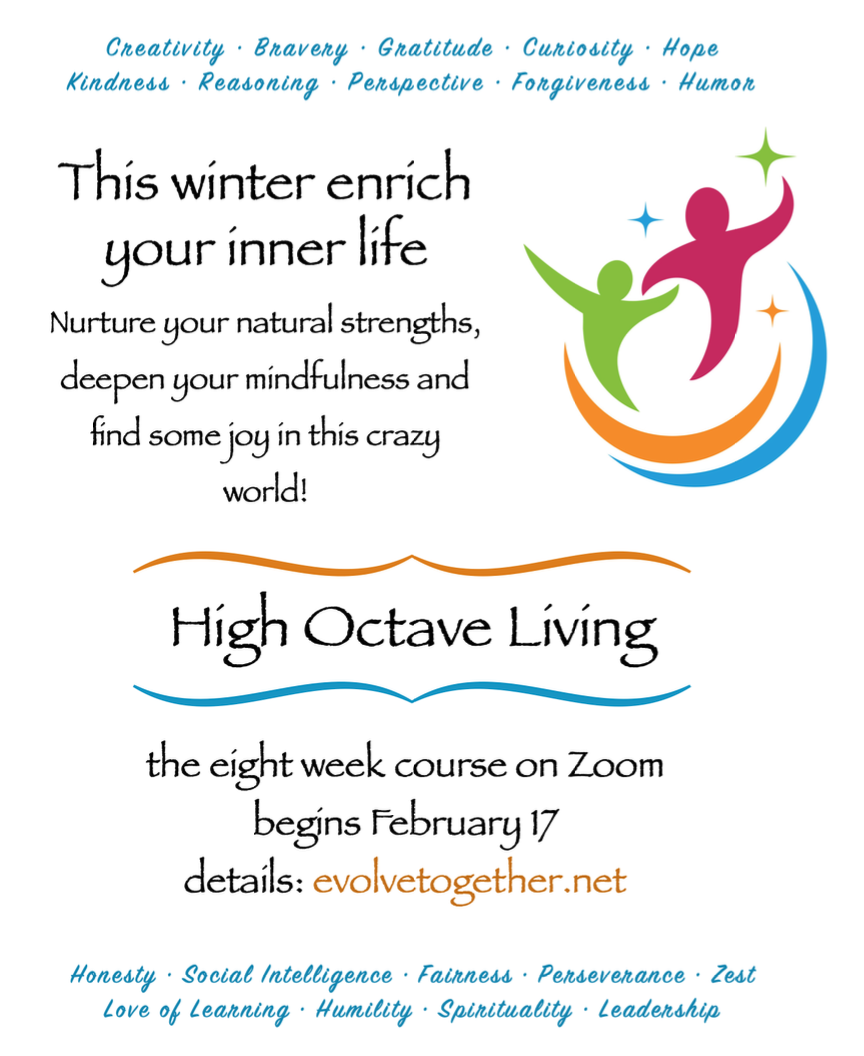
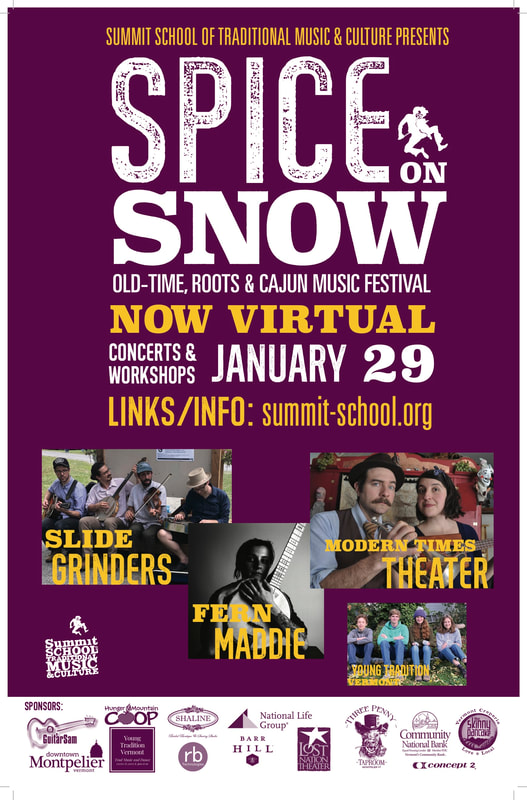
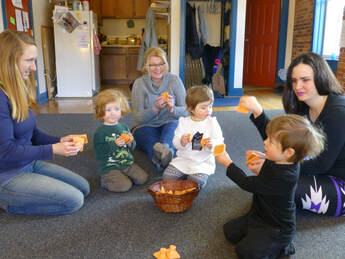
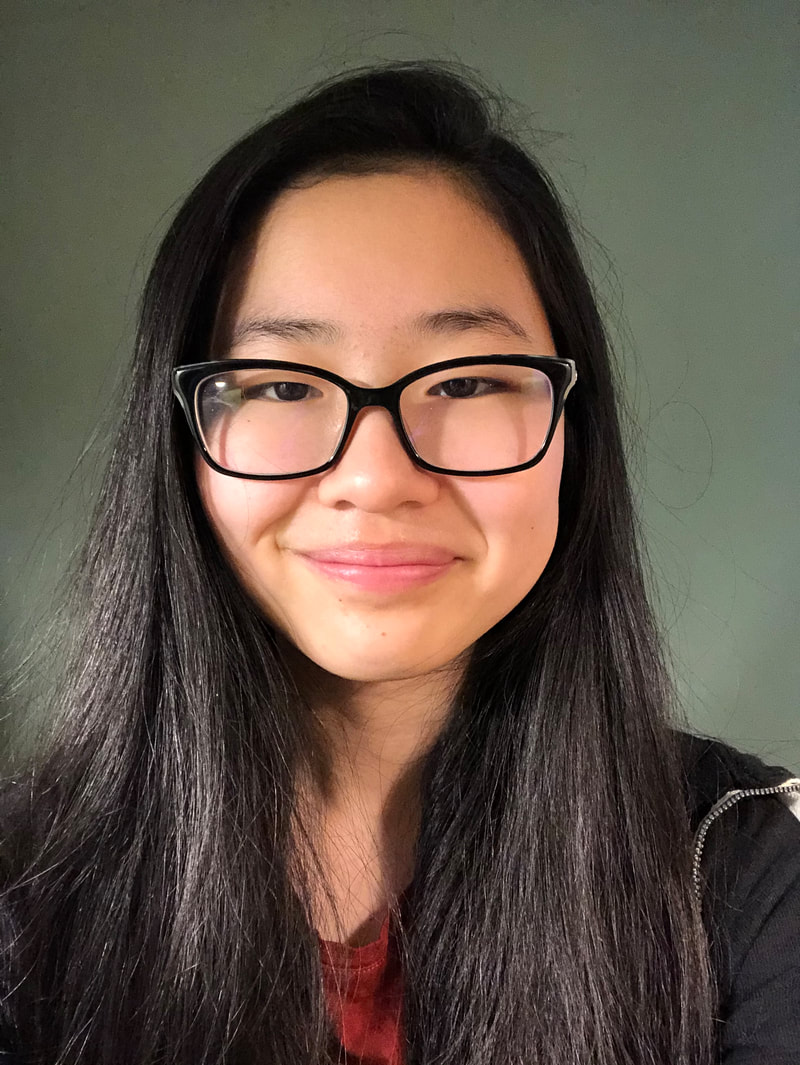
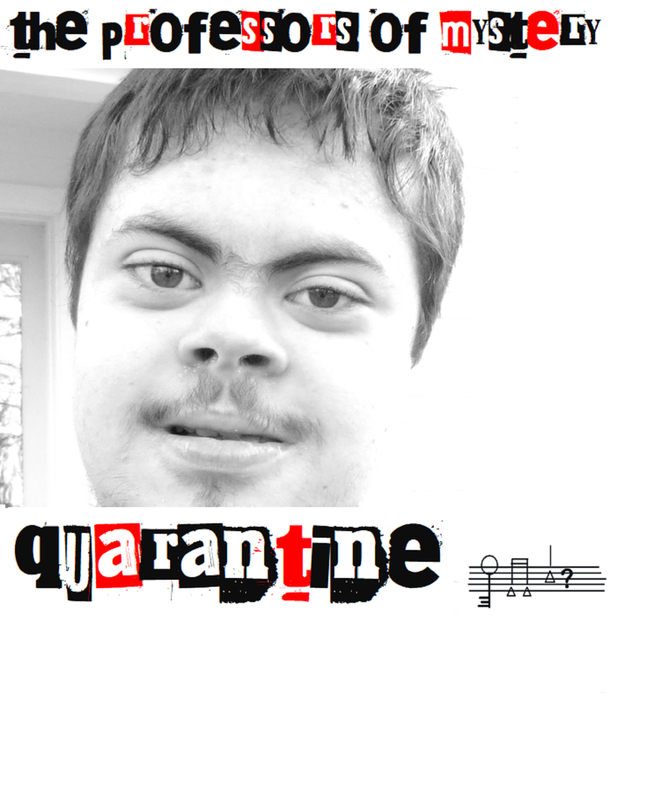
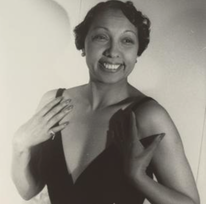
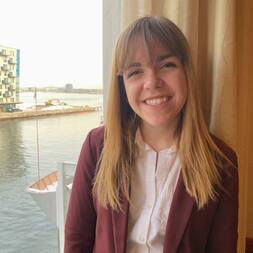
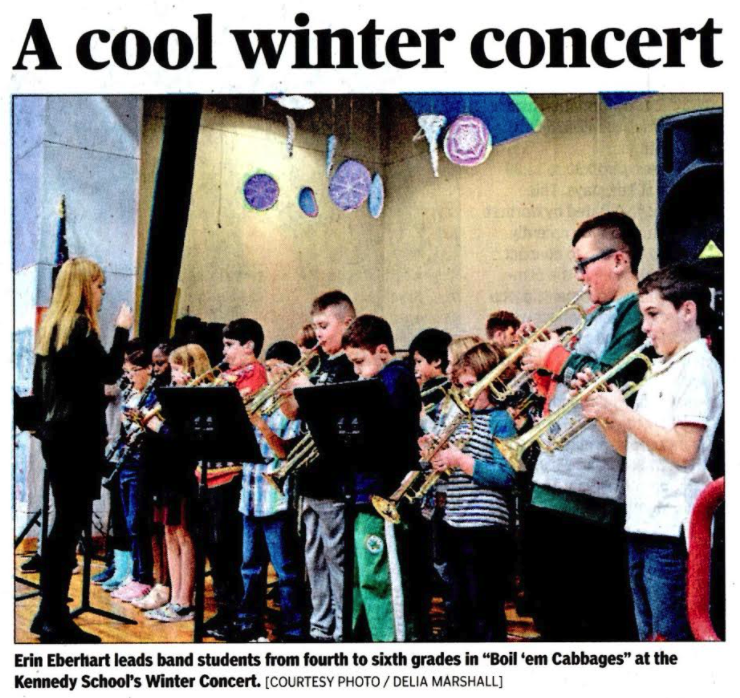
 RSS Feed
RSS Feed

